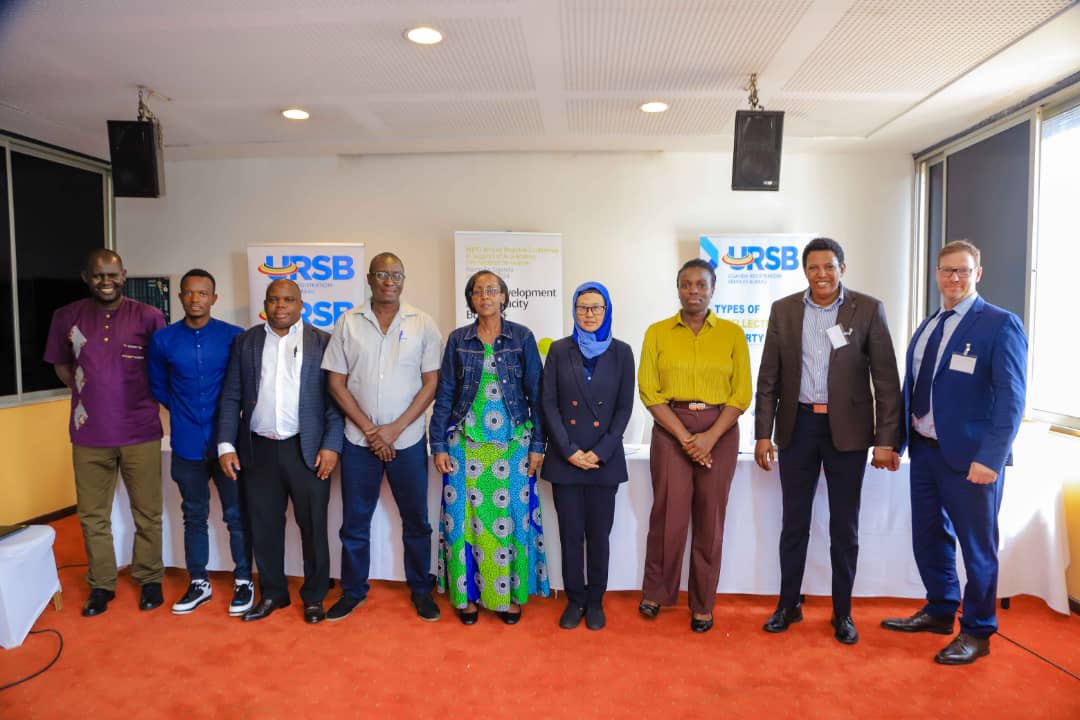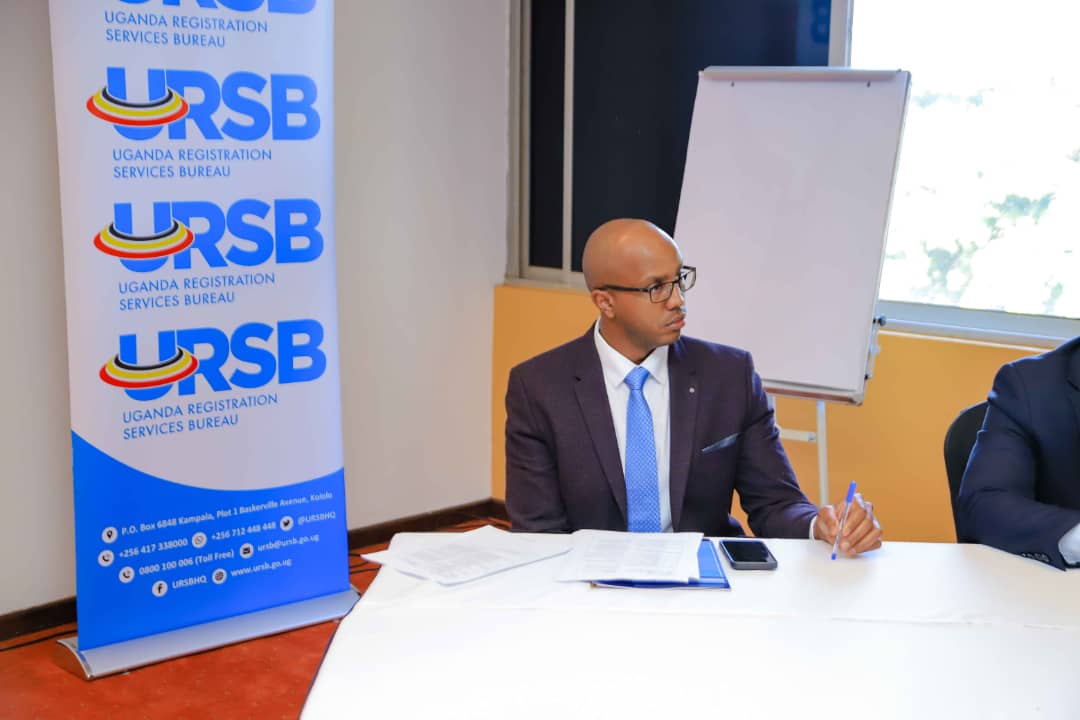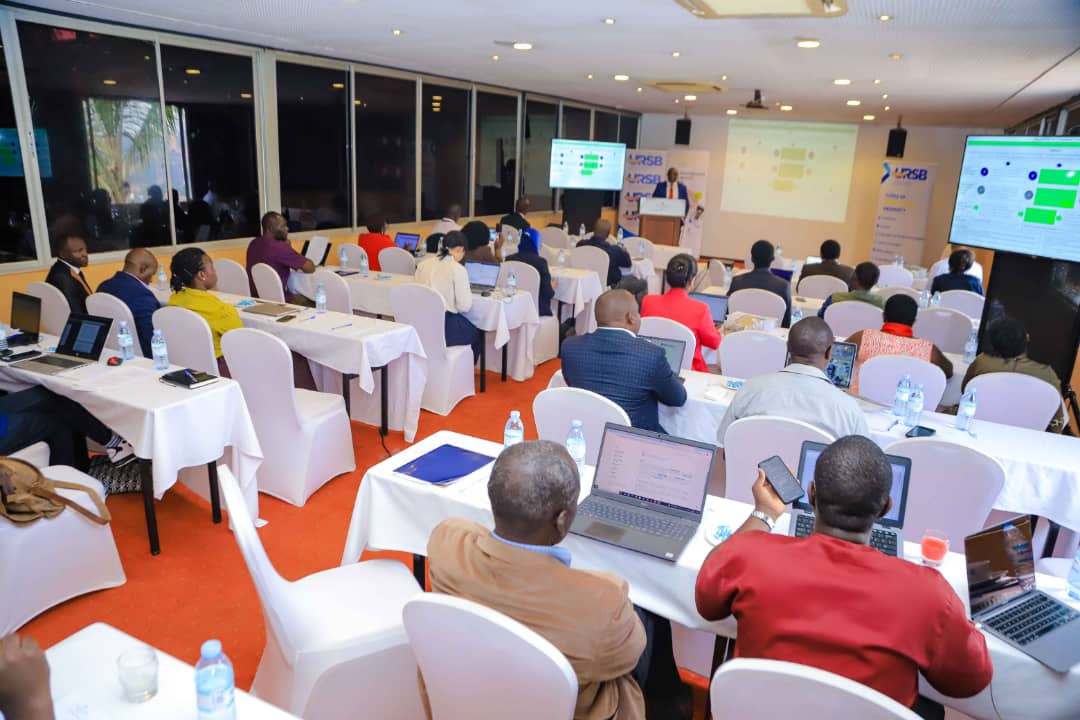June 11 & 12, 2024
The World Intellectual Property Organization (WIPO) and the Uganda Registration Services Bureau (URSB) jointly hosted the African Regional Conference in Support of Accelerated Life Sciences Innovation – Skills Development and Capacity Building from June 11 to 12, 2024, in Kampala, Uganda.
The main objective of the event was to support the development of innovation ecosystems, as well as skills and capabilities related to intellectual property management and technology transfer (TT) in the broad field of Life Sciences.

Uganda was chosen as the venue for the regional meeting in Africa not only for its strategic localization in the East African region, but most importantly, because Uganda commitment to provide the country with institutional framework for policy formulation aimed to promote the development of entrepreneurship and small and medium sized enterprises (SMEs). This pro-policy environment made Uganda ideal in raising awareness of IP and TT tools, and to share this experience with the region.
The conference was attended by 37 individuals from the region, as well as international experts deeply involved in the life sciences innovation ecosystems. Delegates were welcomed from four East African countries, including Ethiopia, Kenya, Rwanda, and the United Republic of Tanzania. Additionally, representatives of universities and institutions involved in Intellectual Property (IP) and Technology Transfer offices from the host country who attended the event were invited by the host, including staff from the Intellectual Property Division of URSB.
Representing WIPO, Mr. Michael Mbogoro, Head of the Technology Transfer Section, offered a welcome address. His remarks emphasized the importance of using intellectual property to promote collaboration and facilitate it throughout the supply chain. In order to accomplish this goal, "intellectual property rights (IPR) holders are allowed to provide well-structured access to third parties so that they may develop new and useful technologies.”

The conference succeeded in fostering open discussions and collaboration among representatives from various countries in the African region by effectively nurtured open dialogue and cooperation among delegates from diverse regional backgrounds. It was apparent that, irrespective of national disparities, a shared necessity for strong innovation ecosystems in the life sciences sector unites a broad spectrum of stakeholders, ranging from major biopharmaceutical corporations and biotechnology firms of varying scales to educational institutions, research centers, and government bodies. Notably, IPRs remain a cornerstone in facilitating technology transfer and underpinning investments in scientific research, development, and innovation.



